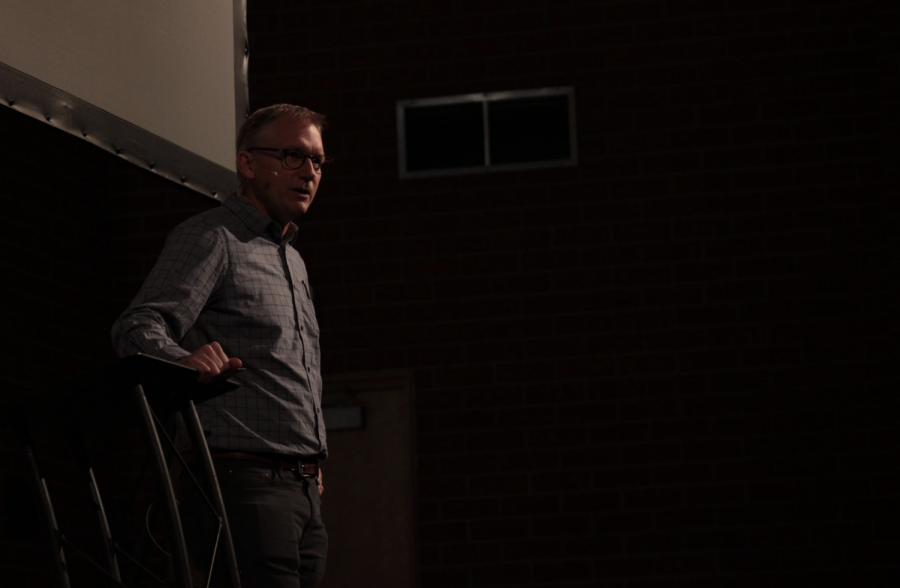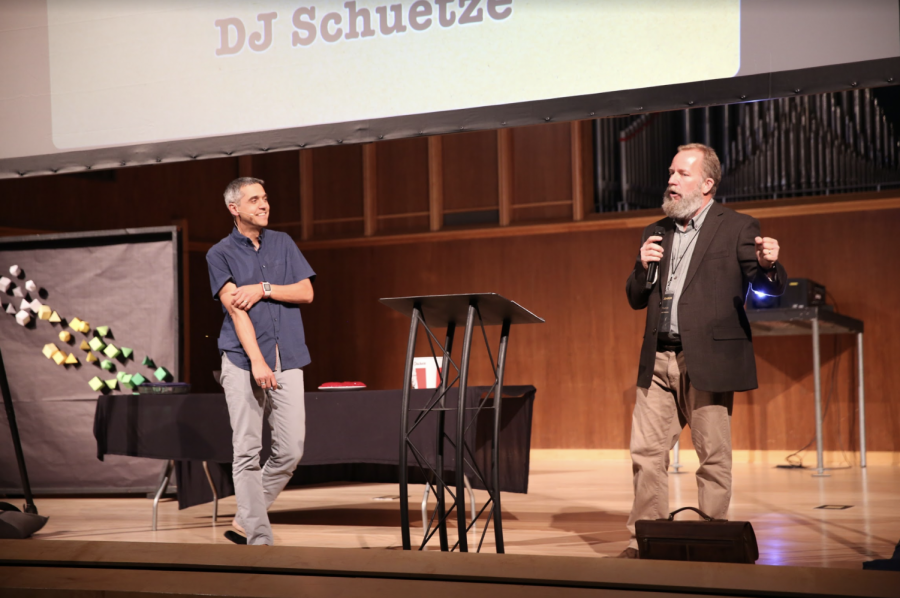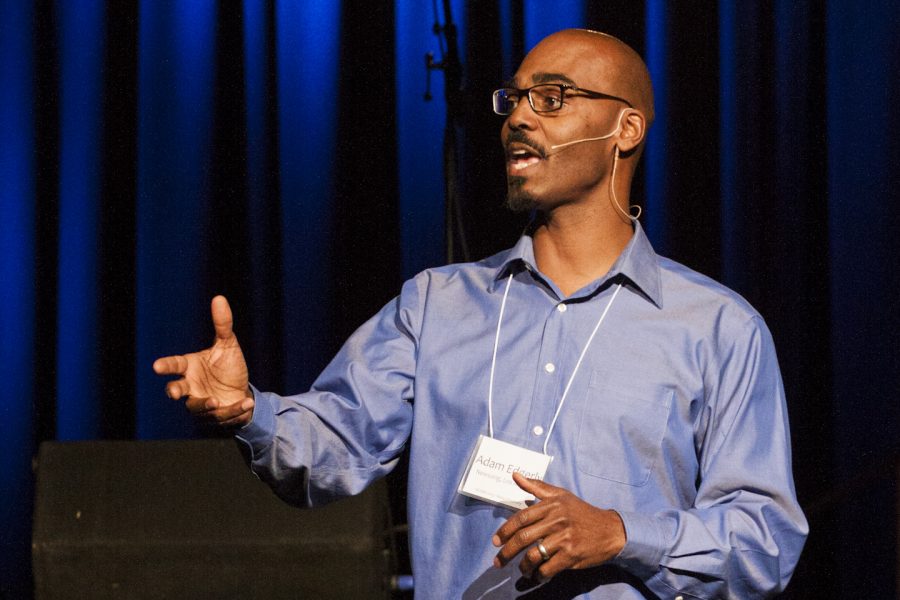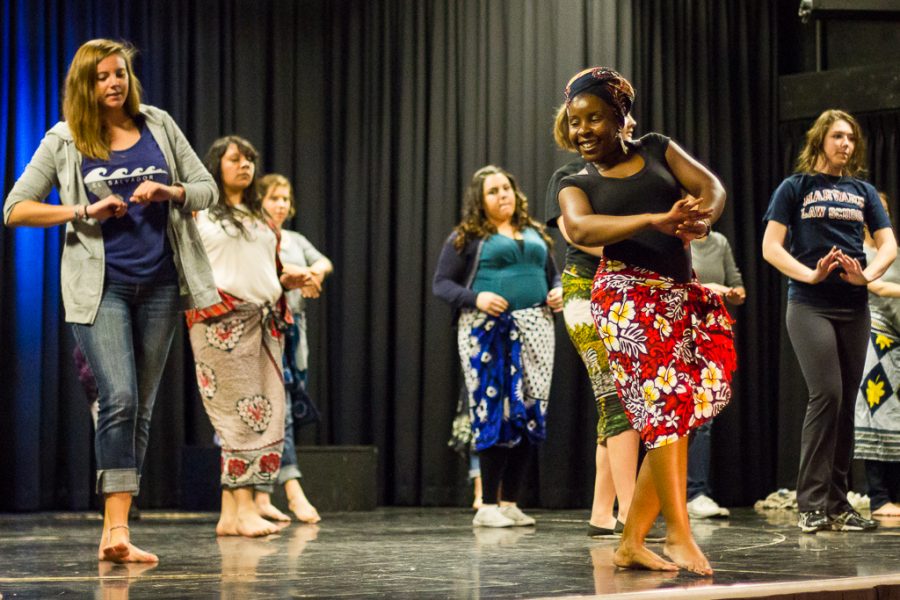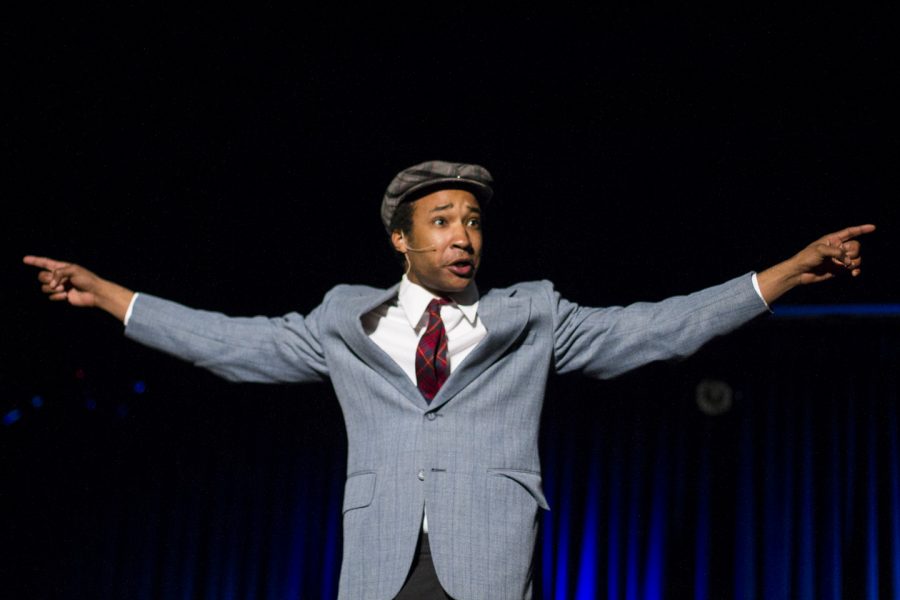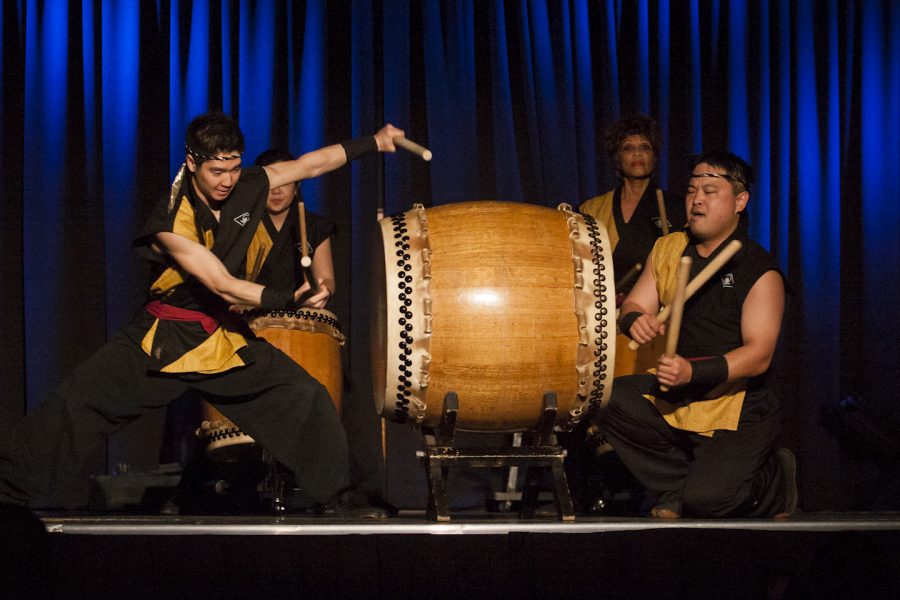Reliable Sources — God’s plan for ethnic relations, was one of the workshops that kicked off Student Congress On Racial Reconciliation 2013. This workshop asked the question, “Can we look at these six reliable sources in Scripture and find convergence for how we should view ethnic relations?” The categories included: Moses, Isaiah, Jesus, Apostles, Holy Spirit and the early church. The room split up into six groups of four or five and each group was given a category and Bible verses to read and discuss and then share with the room. The groups discussed what their passages said, and how ethnic relations should be viewed through the Biblical lens.
Numerous verses were studied, including Genesis 1:27, Genesis 11:1-9, Galatians 2:11-16 and Mark 11:17. The session started with a segment on Moses’ authorship, and how man was created in God’s image (Gen. 1:27), then moved on through various aspects, such as sin entering the picture, and how God calls his people to be loving and desire justice for those who are aliens and foreigners.
One thing that surfaced several times was how the Father, Son and Holy Spirit are in sync and united with one another, and this should be a testimony to the church, something that the church should strive to mirror. As the conversation moved into Acts, an emphasis was place on how “the time of unity has come” (Acts 2:5-6), and that Christians need to “Go! Go! Go!” (Acts 8:29).
Michaela Gregory, who is black, also mentioned some of her experiences regarding ethnic relations. In her past, she had a white girl pursue a friendship with her, and she discussed her experiences through that and the importance of building that relationship with a person of a different race. At first Gregory did not want to build this cross-racial relationship, but as the girl continued to pursue her, she began to appreciate the effort. People build those relationships by being involved in one another’s lives, meeting a person’s family, going to their house, and so forth. In regards to race, she mentioned that often, “we want to see the face of unity, but we don’t want to get in the trenches.”
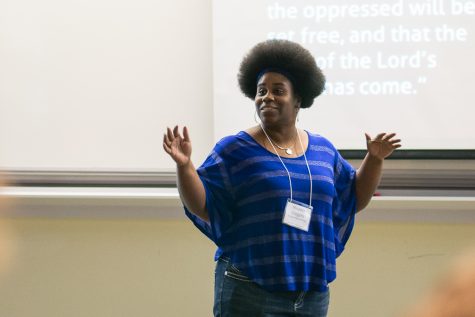
People of various ethnic backgrounds from schools such as Vanguard University, Westmont College, Bethel College, Seattle Pacific University and Simpson University were in the room. It was neat to see people from various places coming together with a passion for the topic.
During the discussion, I chatted with one female Biola student from Northern California who mentioned that she has a passion for ethnic relations and racial reconciliation because she is mixed and is trying to find her own identity, rather than being grouped with a particular race. It was a pleasure finding out about the girls in my group, and hearing where they were coming from on the topic. Discussing with the girls in my group about why they were involved in the conference was actually my favorite part, and helped me to understand their passion for ethnic relations. This in turn, encourages me to consider it out of respect and love for others.
It is also cool to see how the Bible addresses the subject, and how Christians of every tribe and nation can come together, and despite differences in color and background, be part of the body of Christ. After the session I felt like I had gained more perspective on why people feel the way they do about ethnic relations, and I found this enlightening. It was an encouragement to consider it more often, for the sake of others, and loving my brothers and sisters in Christ.





